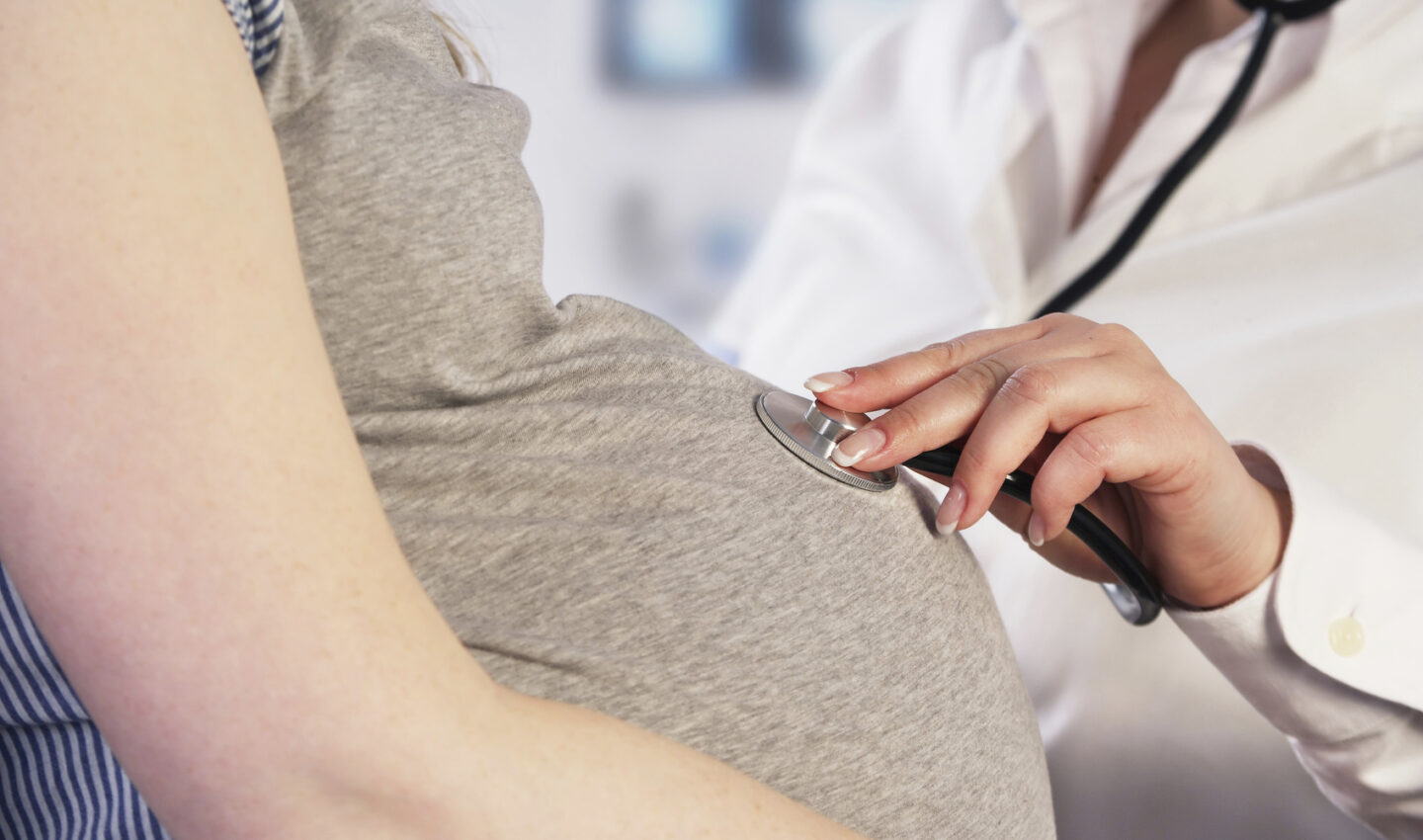A study initiated at UMass Medical School and led by Brandeis University highlights unmet needs and barriers to care for women with physical disabilities during pregnancy and childbirth, including clinicians’ knowledge and attitudes and accessibility to health care facilities and equipment. The researchers said clinicians need training to better care for pregnant women with physical disabilities.
Linda Long-Bellil, PhD, JD, of UMass Medical School’s Commonwealth Medicine division and assistant professor in the Department of Family Medicine and Community Health, served as co-investigator and co-authored the paper, Pregnancy Among Women with Physical Disabilities: Unmet Needs and Recommendations on Navigating Pregnancy, which will be published in the Disability and Health Journal in July. The lead author is principal investigator, Monika Mitra, PhD, associate professor at the Lurie Institute for Disability Policy at Brandeis University and an adjunct associate professor of Family Medicine and Community Health at UMass Medical School.
Researchers interviewed 25 women with physical disabilities across the United States who had had a baby in the past 10 years. The women frequently reported that their clinicians had little knowledge or training, putting them at risk of receiving inaccurate or inappropriate medical advice; difficulties with inaccessible offices and equipment, such as examination tables and scales; and a lack of information on the effect of their disabilities on pregnancy.
“Just as public policy has evolved in the direction of encouraging individuals with disabilities to work, so it should support the aspiration of many women with disabilities to become parents. Clinicians should be provided the education necessary to prepare them to care for these women and both formal and informal supports should be made more widely available,” the researchers concluded.
Strategies should be developed for the dissemination of information on pregnancy and disability, including prenatal care, to women with physical disabilities who are pregnant or considering pregnancy, the researchers said.
The women interviewed for the study recommended that other women with disabilities who are pregnant or considering becoming pregnant choose a clinician with experience in providing prenatal care to women with physical disabilities, seek peer support from other mothers with disabilities, be assertive and take on the role of self-advocate.
The paper also was co-authored by Suzanne C. Smeltzer, EdD, RN, FAAN, a professor at Villanova University, Lisa I. Iezzoni, MD, MSc, of the Mongan Institute for Health Policy at Massachusetts General Hospital, and Lauren D. Smith, MPH, of the Lurie Institute for Disability Policy, The Heller School of Social Policy and Management at Brandeis University.
The findings of the study are similar to those of earlier studies. One of those studies, by Mitra, Long-Bellil, Smeltzer and Iezzoni, created a framework to improve perinatal care for pregnant women with physical disabilities. A paper on the study was published in the Disability and Health Journal in October 2015.
Mitra worked on the first nationwide study of pregnant women with developmental and intellectual disabilities while employed as a research scientist within Commonwealth Medicine’s Disability, Health and Employment Policy Unit. The study, published in September 2015, found that women with developmental and intellectual disabilities had high rates of complications that included fetal death, preeclampsia and preterm birth.

